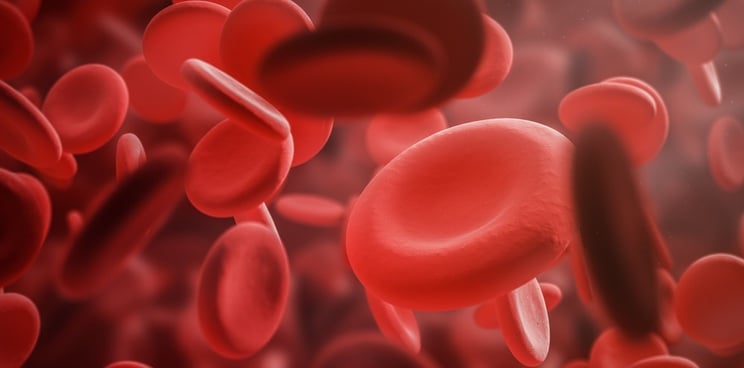London-based Freeline Therapeutics Holdings plc has just announced that positive data on treating haemophilia has been published by the New England Journal of Medicine (NEJM).
This expands upon previous data for up to three-and-a-half years from the phase 1/2 dose-finding B-AMAZE of the company’s AAVS3 gene therapy candidate, FLT180a for people with the debilitating, hereditary bleeding disorder. The disorder is caused by a deficiency in coagulation factor IX (FIX).
Hemophilia
Pamela Foulds, chief medical offiver at Freeline, said: “The B-AMAZE long-term data continue to support our confidence that a single dose of FLT180a could protect people with hemophilia B from bleeding and the need for lifelong FIX replacement through durable expression of FIX at protective levels.”
Key findings published today in the NEJM article “Phase 1-2 Trial of AAVS3 Gene Therapy in Patients with Hemophilia B” by Pratima Chowdary et al. include all patients having dose-dependent increases in FIX levels following treatment with FLT180a. Nine patients had sustained FIX activity at a median follow-up of 27.2 months.
At the last follow up, five patients had FIX levels in the normal range, three patients had levels ranging from 23% to 43%, and one high-dose patient (1.28e12 vg/kg) was at 260%.
The mean annualized bleeding rate across all patients decreased and the mean annualized FIX consumption also decreased.
Durable gene expression
Michael Parini, CEO of Freeline, said: “In addition to the promise FLT180a holds for people with hemophilia B, these long-term data demonstrate the potential of our proprietary AAVS3 capsid to enable strong and durable gene expression at low vector doses to effectively treat debilitating inherited diseases with a good safety profile.”
Treatment was generally well tolerated, with transient transaminitis being the most common FLT180a-related adverse event. No patient discontinued infusion or withdrew from the study. No infusion reactions occurred, and no inhibitors to FIX were detected.
Adverse events related to immune management were consistent with the known safety profiles of corticosteroids and tacrolimus.
Prophylactic
In the B-AMAZE trial, patients had received one of four doses of FLT180a together with a prophylactic immune management regimen.
Amit Nathwani, professor of hematology at the University College London cancer institute and board member at Freeline, said: “Gene therapy is still a young field that pushes the boundaries of science for people with severe genetic diseases. The B-AMAZE long-term data add to the growing body of evidence that gene therapy has the potential to free patients from the challenges of having to adhere to lifelong therapy or could provide treatment where none exists today.”
Exactly two years ago, the company extended its series C round to take its gene therapy for hemophilia B to a pivotal trial.





